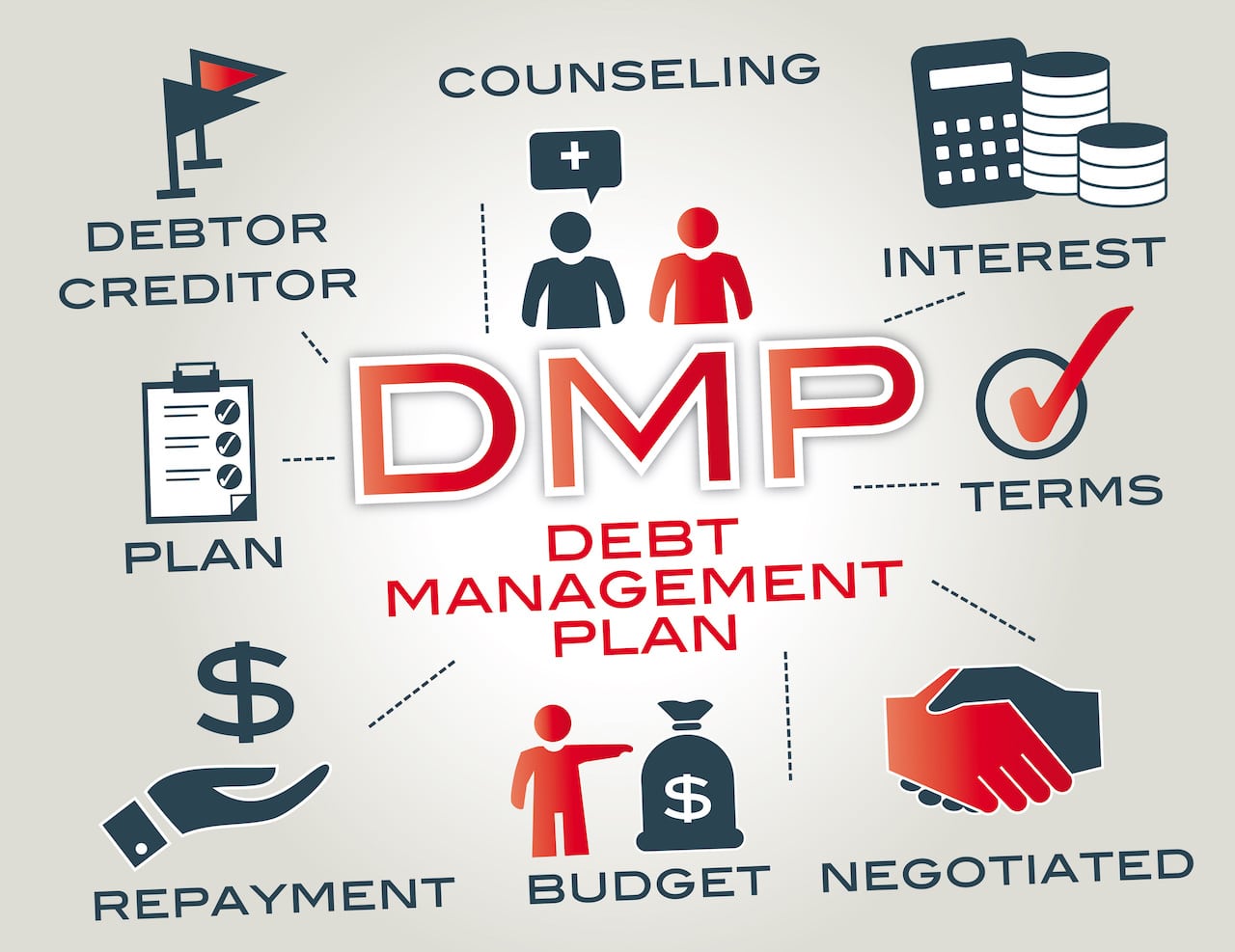Is Financial Debt Loan Consolidation Right for You? More Discussion Posted Here
Is Financial Debt Loan Consolidation Right for You? More Discussion Posted Here
Blog Article
Everything You Need to Learn About Creating a Personalized Financial Obligation Management Plan
In the world of individual money, creating a customized financial obligation management plan is often the cornerstone of accomplishing monetary stability and comfort. By thoroughly reviewing your existing financial responsibilities, setting attainable monetary goals, and crafting a functional spending plan, you lead the way for effective financial obligation repayment techniques. Nonetheless, the journey to monetary flexibility is not solely about initial preparation; it also needs ongoing monitoring and changes to make sure ongoing progress. As you browse the complexities of developing an individualized financial obligation management strategy, recognizing the ins and outs of each action is crucial to your financial success.
Examining Your Existing Financial Debt Circumstance
One have to initially carry out a detailed evaluation of their present financial obligation commitments prior to creating a reliable debt administration plan. Produce a detailed checklist of each financial obligation, consisting of the complete amount owed, rate of interest prices, minimum regular monthly repayments, and due dates.
After assembling this details, determine your total debt-to-income proportion by separating your regular monthly financial debt payments by your regular monthly revenue. This proportion is an essential indicator of your ability to take care of present financial obligation levels effectively. In addition, examine your credit scores record to determine any mistakes or inconsistencies that may be influencing your credit rating score. Understanding these elements of your economic situation will guide you in establishing an individualized debt monitoring strategy customized to your specific needs and goals.
Setup Financial Goals and Targets

When establishing economic goals, it is essential to be details, measurable, achievable, pertinent, and time-bound (WISE) For instance, you might establish an objective to repay a particular amount of debt within a certain amount of time, such as reducing your credit scores card balance by $5,000 in the following year - More Discussion Posted Here. By setting clear targets similar to this, you can track your progress and remain inspired to accomplish your debt management goals
In addition, think about prioritizing your debts based upon aspects such as rate of interest, impressive equilibriums, and repayment terms. By concentrating on high-interest debts initially, you can conserve cash over time and increase your trip toward economic freedom. Remember, everyone's monetary circumstance is special, so customize your goals and targets to fit your individual needs and situations.
Developing a Realistic Budget Plan
Crafting a well-defined budget is a basic action in efficient debt monitoring and financial preparation. A sensible budget plan serves as a roadmap for your monetary wellness, aiding you track your revenue, costs, and financial obligation payments. To produce a functional budget plan, beginning by noting all your resources of income.
Consistently evaluation and adjust your budget plan as required to remain on track with your financial goals and financial obligation settlement plan. By adhering to a sensible spending plan, you can efficiently manage your financial debt and work in the direction of a much more secure monetary future.
Discovering Debt Payment Strategies
After establishing a sensible spending plan, the following crucial action in reliable financial obligation management is to discover numerous financial obligation settlement techniques. One usual method is the snowball technique, where you concentrate on paying off the tiniest financial debts initially while making minimal settlements on bigger debts. This method can assist develop momentum as you see smaller check my reference sized financial debts being cleared, giving inspiration to tackle bigger ones.
An additional method is the avalanche method, which entails prioritizing debts with the highest rates of interest. By targeting high-interest debts first, you can reduce the overall amount you pay in interest with time. This technique might be a lot more cost-efficient over time, also Check This Out though it may take longer to see private financial obligations totally repaid.
Financial debt consolidation is another choice where you combine multiple financial obligations into a single funding with a lower rate of interest. This can streamline your settlement procedure and possibly minimize the overall interest paid. Nonetheless, it's essential to thoroughly take into consideration the terms and costs connected with loan consolidation to guarantee it's the right choice for your monetary scenario.
Monitoring and Adjusting Your Strategy

Changing your strategy might entail reallocating funds to deal with high-interest financial debts first, working out with lenders for reduced passion rates or far better settlement terms, or checking out additional earnings sources to speed up financial debt repayment. As your monetary circumstance advances, your financial obligation administration strategy should adapt appropriately to stay effective. By remaining proactive and versatile in surveillance and changing your strategy, you can optimize your initiatives in the direction of repaying your financial debts successfully and attaining your economic objectives.
Verdict
To conclude, developing a tailored debt monitoring strategy includes examining present financial obligation, setting monetary objectives, developing see page a reasonable budget plan, exploring payment techniques, and tracking and adjusting the plan as needed. By following these actions, people can take control of their monetary situation and job towards becoming debt-free. It is necessary to remain self-displined and dedicated to the plan in order to attain long-lasting monetary stability.
One must first conduct a comprehensive assessment of their present financial debt obligations before developing a reliable financial debt management plan.After establishing a realistic budget, the following essential step in efficient financial obligation management is to explore numerous financial debt payment methods - More Discussion Posted Here.To successfully manage your financial debt, constant monitoring and adjustment of your financial debt administration plan are necessary components for long-lasting financial stability.Readjusting your strategy might entail reapportioning funds to deal with high-interest financial debts initially, bargaining with creditors for lower passion prices or better repayment terms, or checking out added revenue sources to accelerate financial debt repayment.In verdict, creating a personalized debt monitoring plan includes assessing existing financial debt, setting financial goals, producing a reasonable spending plan, discovering payment approaches, and monitoring and changing the plan as required
Report this page